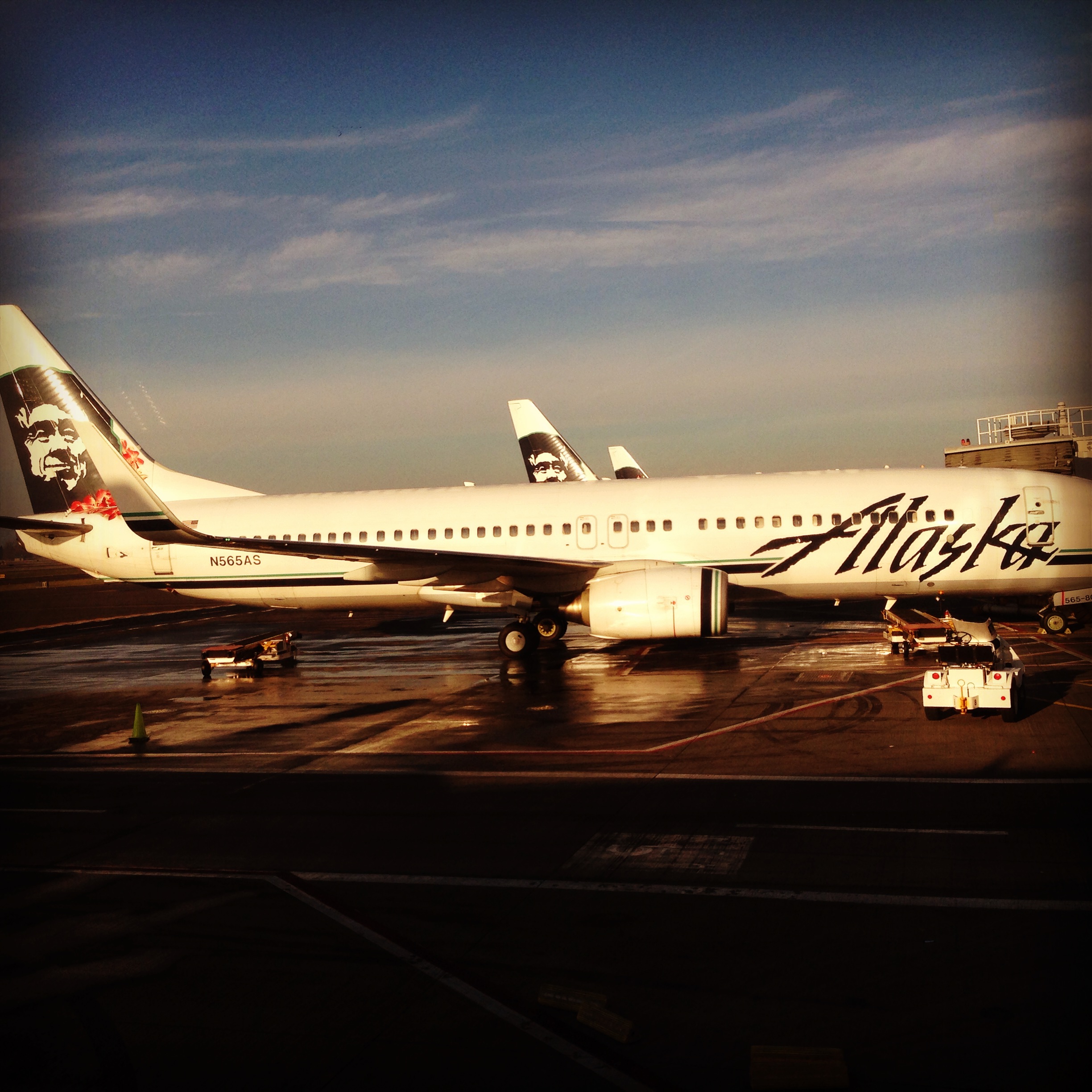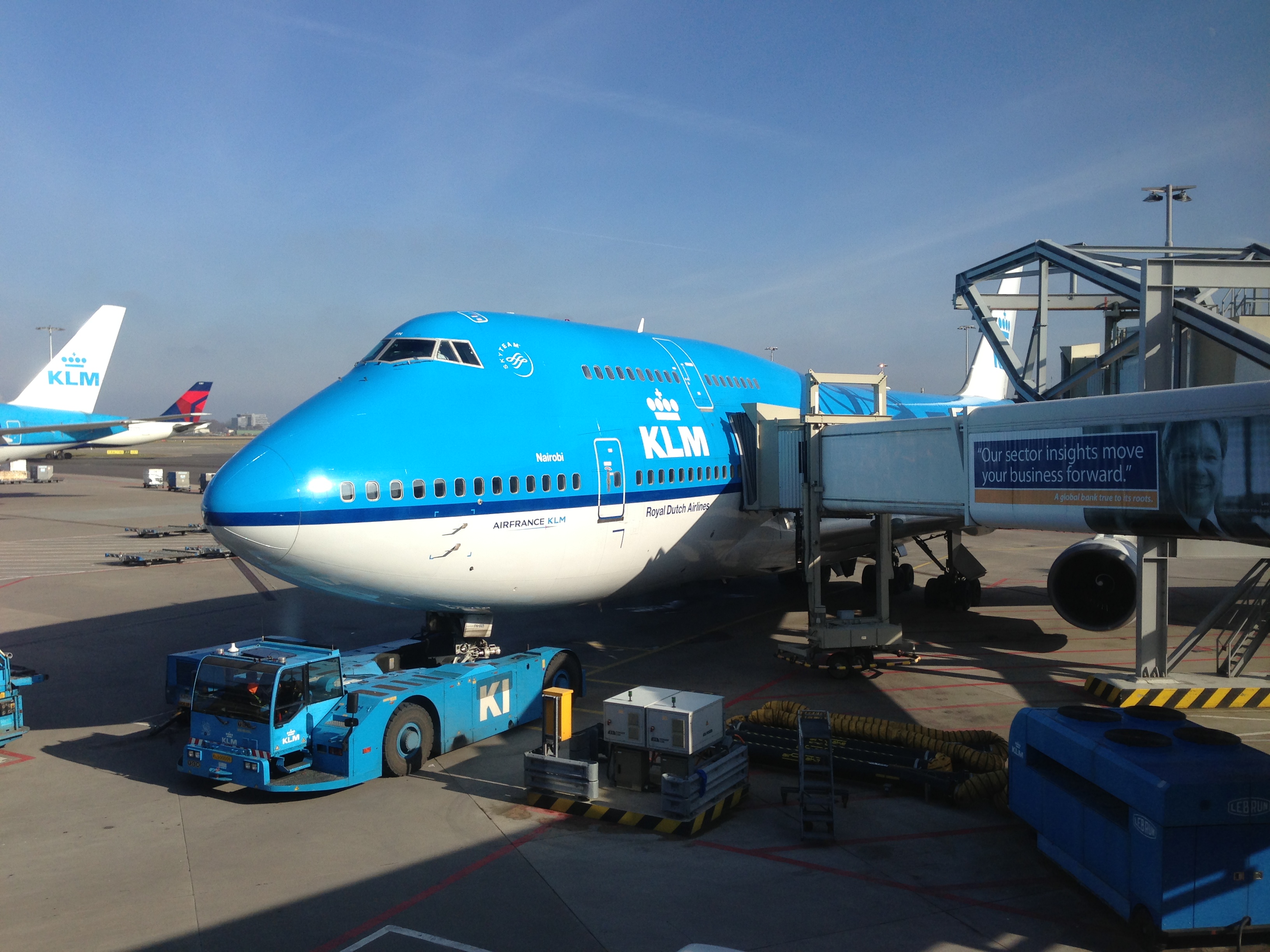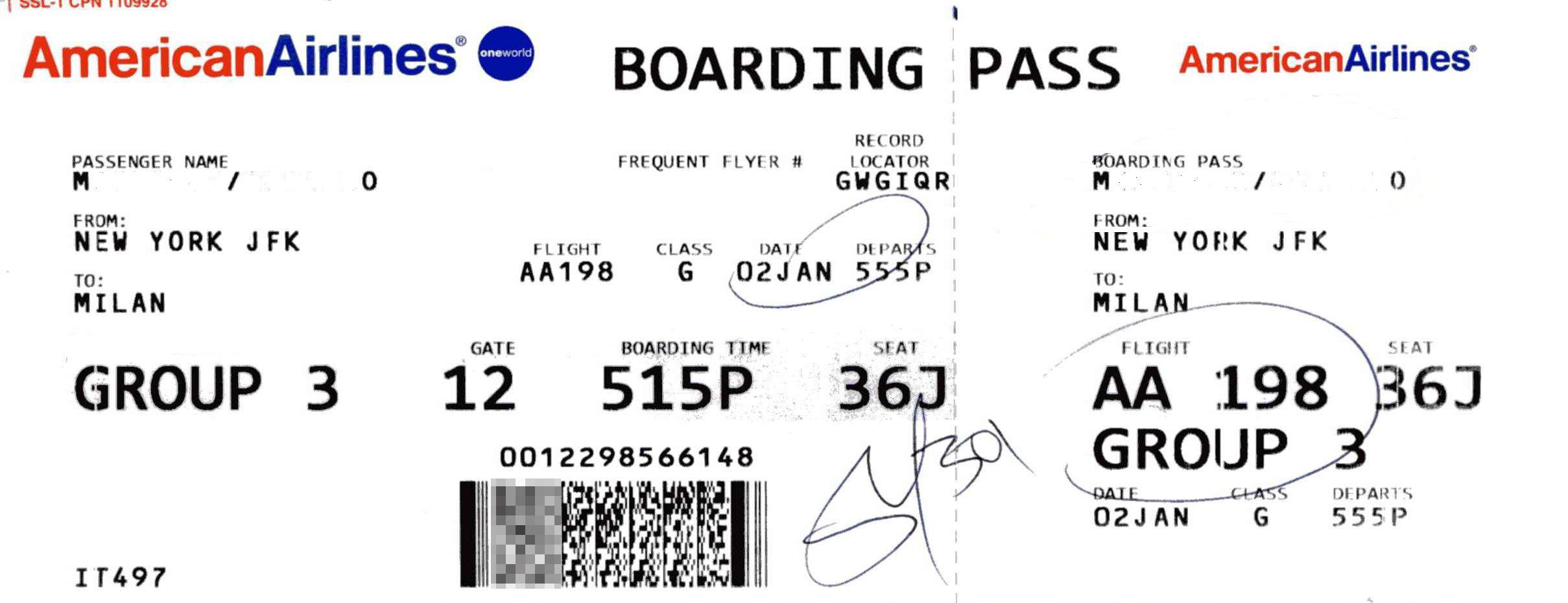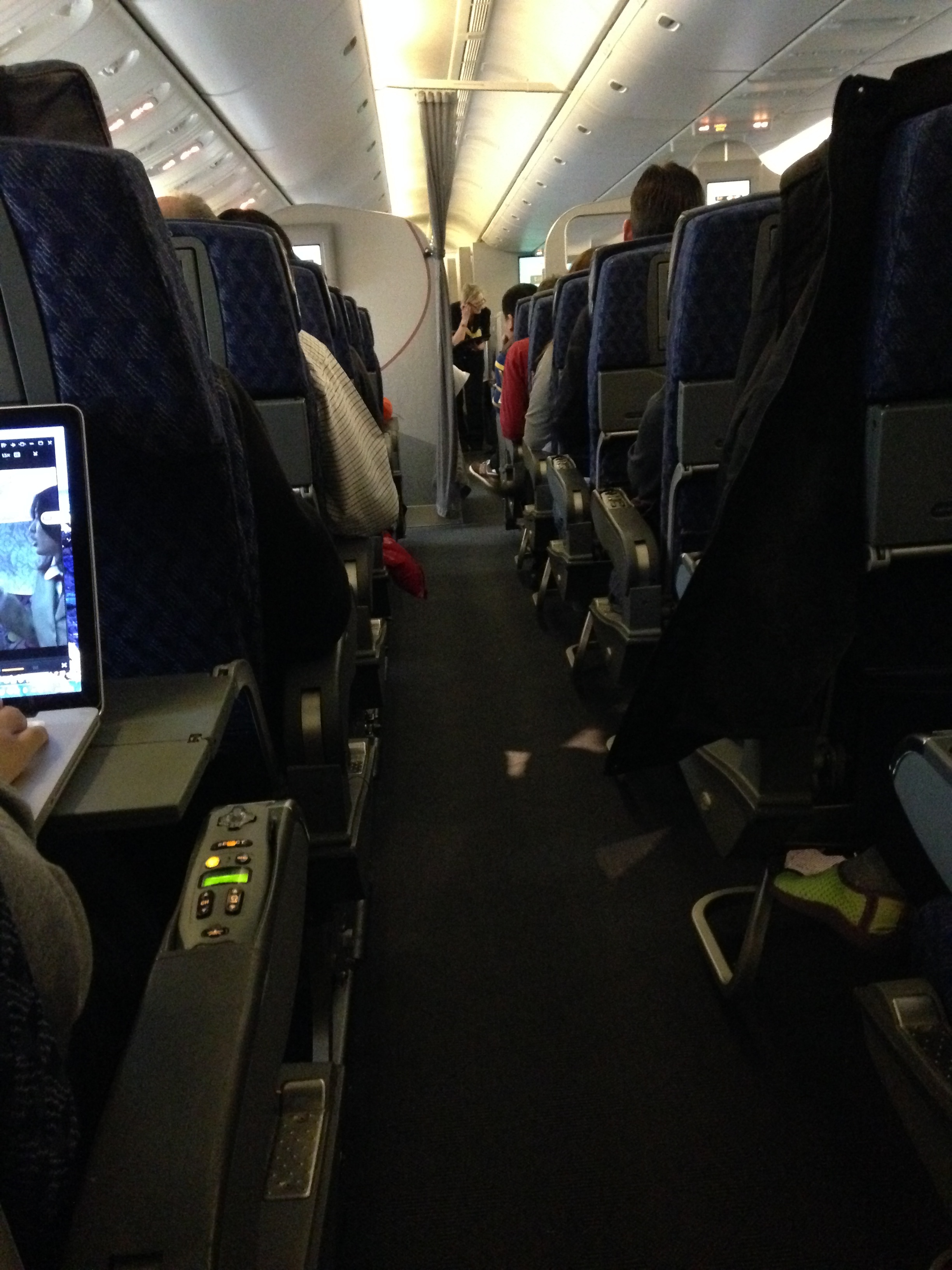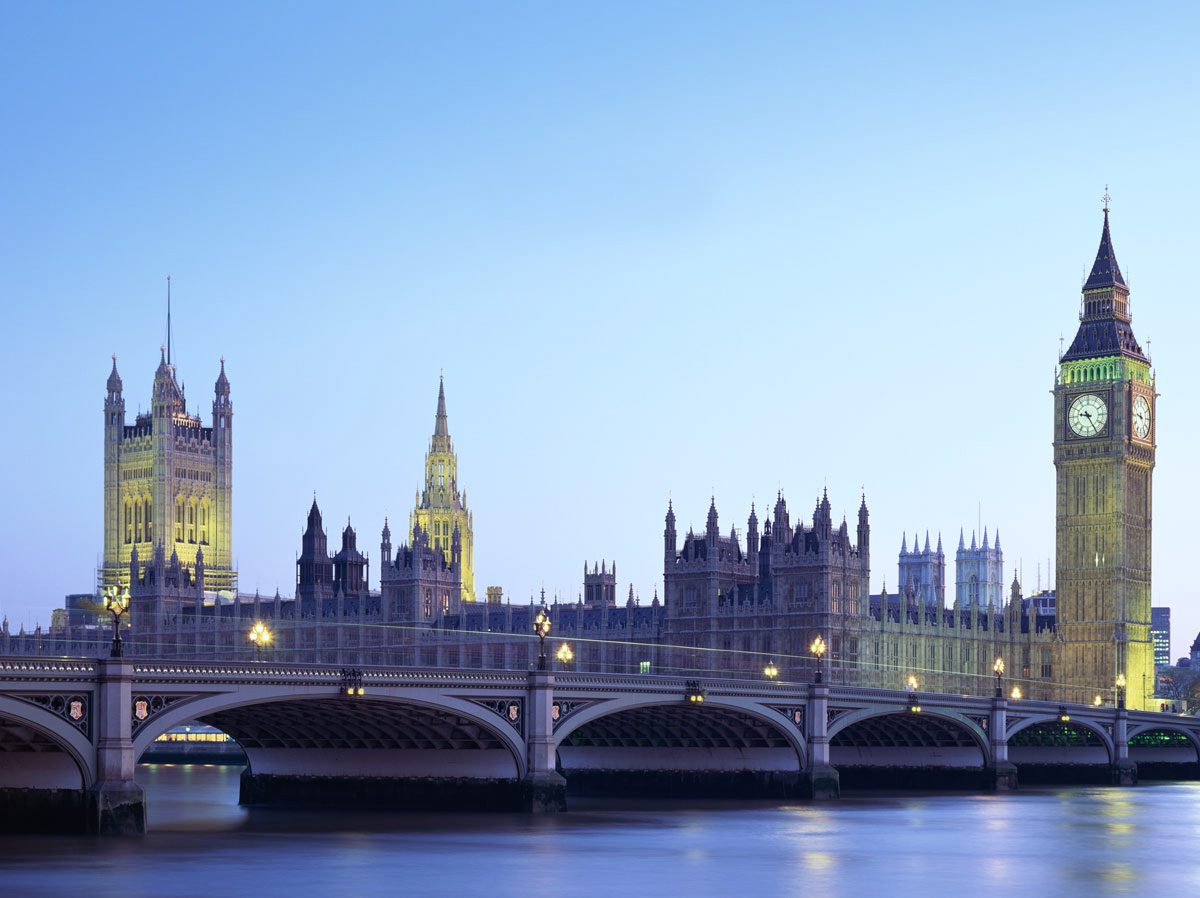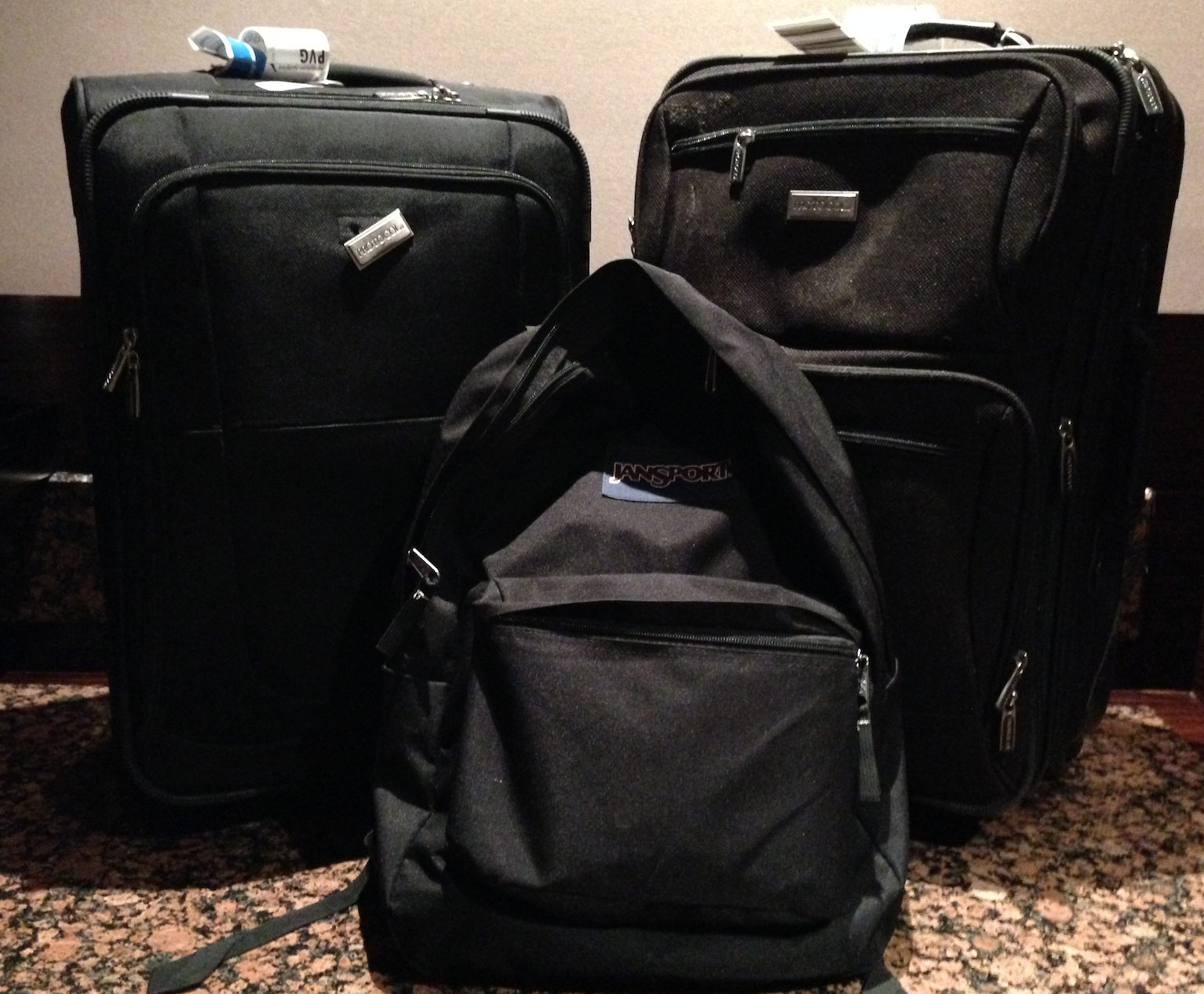Terrorism Fears Impact U.S. Airline Stocks
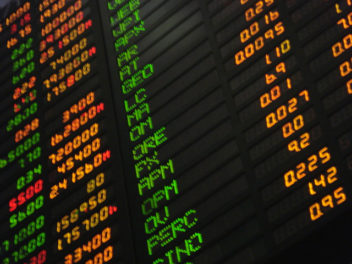
Terrorism Fears Impact U.S. Airline Stocks
The disappearance of an EgyptAir flight yesterday, and its supposed connection to terrorism that is suspected by the Egyptian government, had an impact on U.S. airlines stocks.
Shares of Delta were down 1.7% at close, while American was down 1.4%, and United Airlines went down 2.8%. Other U.S. carriers also saw their stocks decrease, with Southwest falling 1.7%, JetBlue fell 1%, and Spirit Airlines fell 0.4%.
Aircraft manufacturer Boeing also saw a decrease in its stock prices, dipping 2.2%. Alternatively, Airbus, which is the manufacturer of the EgyptAir plane that disappeared from radar, rose 0.4%.
According to Investors Business Daily:
Shares of Delta, American and United fell by about the same level following the November attacks in Paris and the Brussels attacks in March. But neither of those attacks involved the use of jetliners or resulted in any extended sell-off, perhaps because investors anticipated that travel demand would rebound. Some airlines have recently suggested the impact of the attacks in Brussels was largely short-lived or offset by other factors.
While German carrier Lufthansa this month reported a first-quarter net loss, Chief Financial Officer Simone Menne said the attacks in Brussels had not weighed significantly on the company’s financial performance, according to the Wall Street Journal. However, the newspaper said, bookings made well in advance were less common.
And Delta and American have said demand has held up despite the attacks.
“In our core European markets, U.S. point-of-sale demand was strong and recovered quickly following the events in Brussels,” Delta President Glen Hauenstein said on the carrier’s first-quarter conference call in April.
“Demand across the trans-Atlantic though, particularly in light of the Brussels tragedy, has remained pretty strong and pretty resilient,” American Airlines President J. Scott Kirby said during the company’s Q1 call last month.
But the sentiment hasn’t been as positive elsewhere. United said the after-effects of those attacks would likely weigh on the second quarter, but it added that demand generally tends to rebound after such incidents.
“I think the recent events and the tragedy in Brussels has impacted bookings,” Chief Revenue Officer James Compton said on United’s Q1 call in April. “What we generally see is a slowdown in bookings after events like that. Those begin to pick back up, but quite frankly you lose days, even weeks of the booking curve.”
